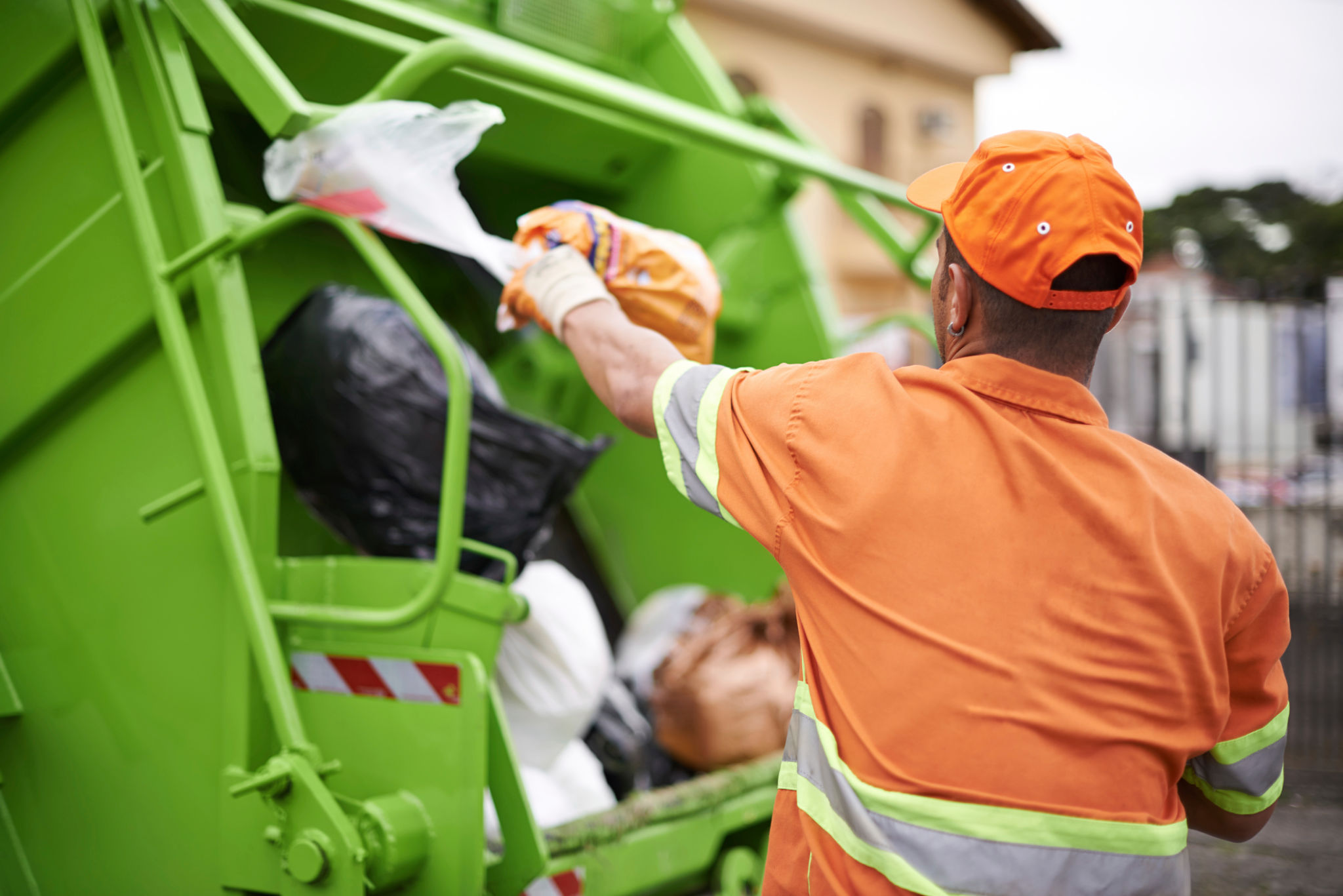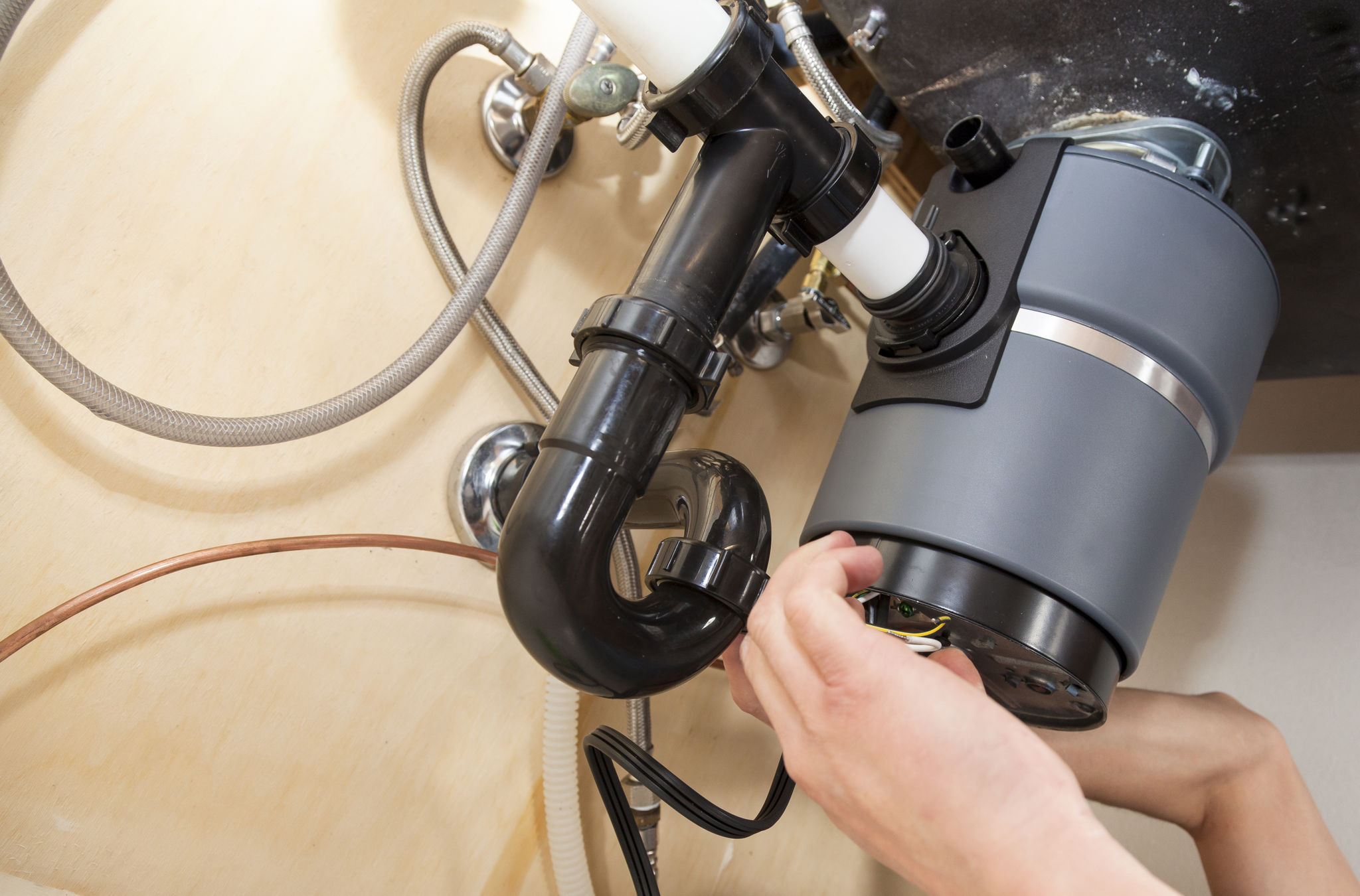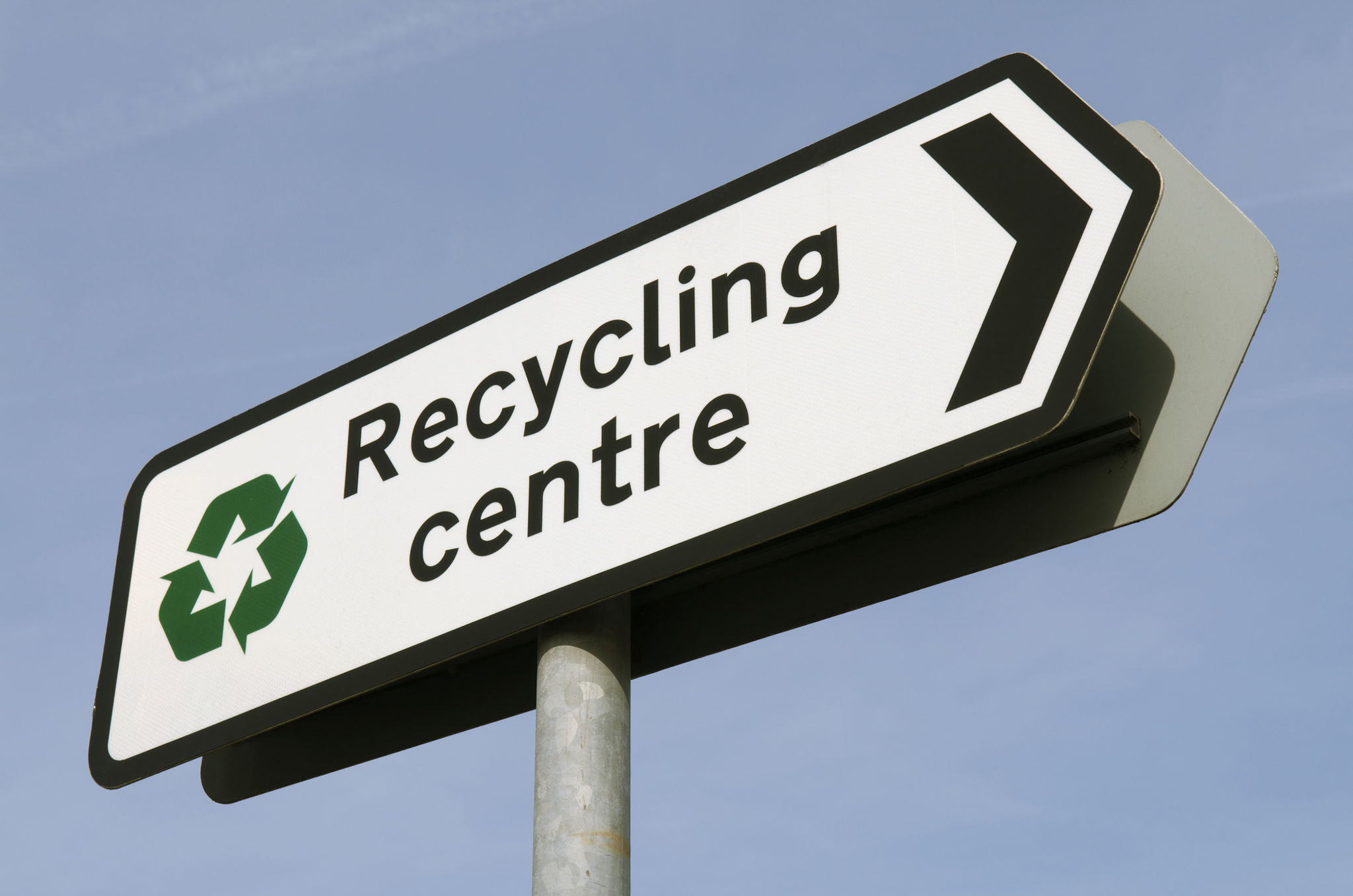How to Navigate Georgia's Junk Removal Regulations: A Complete Guide
CM
Understanding Georgia's Junk Removal Regulations
Georgia has specific regulations concerning junk removal that residents and businesses must follow. Navigating these regulations can be challenging, but understanding the basics is essential to ensure compliance and avoid penalties. Whether you're a homeowner clearing out a garage or a business managing waste, knowing the rules will make the process smoother and more efficient.

Identifying Junk and Waste Categories
The first step in junk removal is identifying what constitutes 'junk' according to Georgia's regulations. This can include old furniture, appliances, electronics, yard waste, and construction debris. It's important to distinguish between regular household waste and hazardous materials, as the latter requires special handling and disposal procedures.
Georgia law categorizes waste into several types: municipal solid waste, construction and demolition debris, and hazardous waste. Each type has specific disposal requirements. For instance, hazardous waste often requires special permits and must be transported to designated facilities.
Obtaining Necessary Permits
Depending on the nature and volume of the junk, you may need to obtain permits for removal and disposal. For large-scale projects, such as demolitions or commercial cleanouts, permits are typically required. It's advisable to check with local authorities or consult with a professional junk removal service to understand the necessary permits for your project.

Hiring a Professional Junk Removal Service
While some people opt for DIY junk removal, hiring a professional service can offer numerous benefits, especially for large or complex jobs. Professional services are familiar with state regulations and can ensure that your junk is disposed of legally and responsibly. They also have the equipment and expertise to handle hazardous materials safely.
When choosing a service, verify their credentials and ensure they comply with all state regulations. A reputable company will be licensed and insured, providing peace of mind that your junk removal is in capable hands.
Recycling and Donation Options
Georgia encourages recycling and donation as an alternative to disposing of unwanted items. Many items labeled as 'junk' may still be usable or recyclable. Before discarding these items, consider donating them to local charities or recycling centers. This approach not only helps the environment but can also benefit your community.

Staying Informed on Regulation Changes
Junk removal regulations are subject to change, so staying informed is crucial. Regularly check with the Georgia Environmental Protection Division (EPD) for updates on waste management policies. Being aware of any changes can help you remain compliant and avoid potential fines.
Additionally, consider subscribing to newsletters or following local government websites that provide information on environmental regulations. This will keep you up-to-date on any new developments.
Conclusion: Ensuring Compliance
Navigating Georgia's junk removal regulations requires understanding different waste categories, obtaining necessary permits, and considering professional help when needed. By recycling and donating whenever possible, you contribute positively to the environment while staying compliant with state laws. Staying informed about regulation changes ensures that you're always prepared for future projects.
By following these guidelines, you can efficiently manage junk removal while adhering to Georgia's regulations, creating a cleaner and more sustainable environment for everyone.